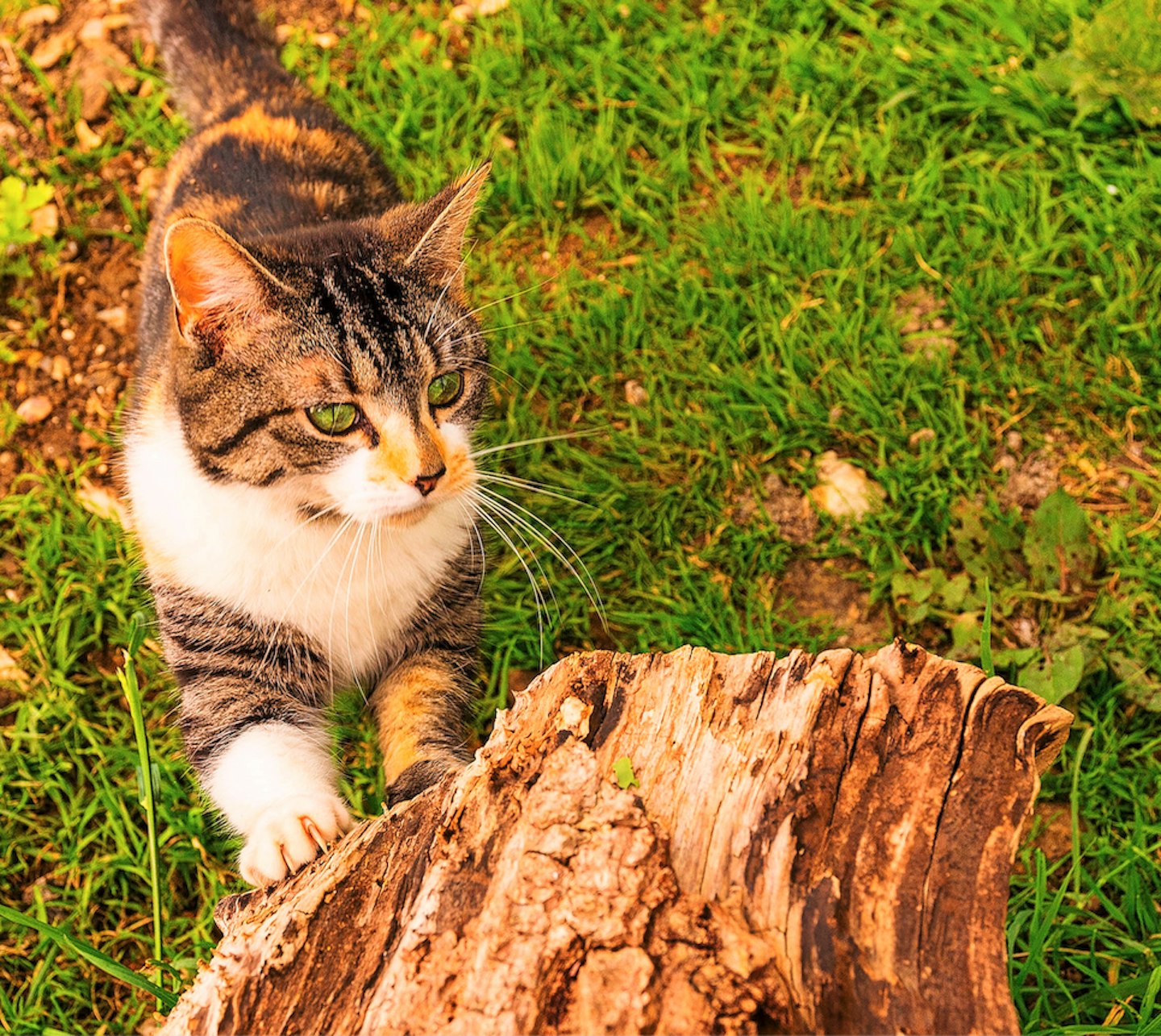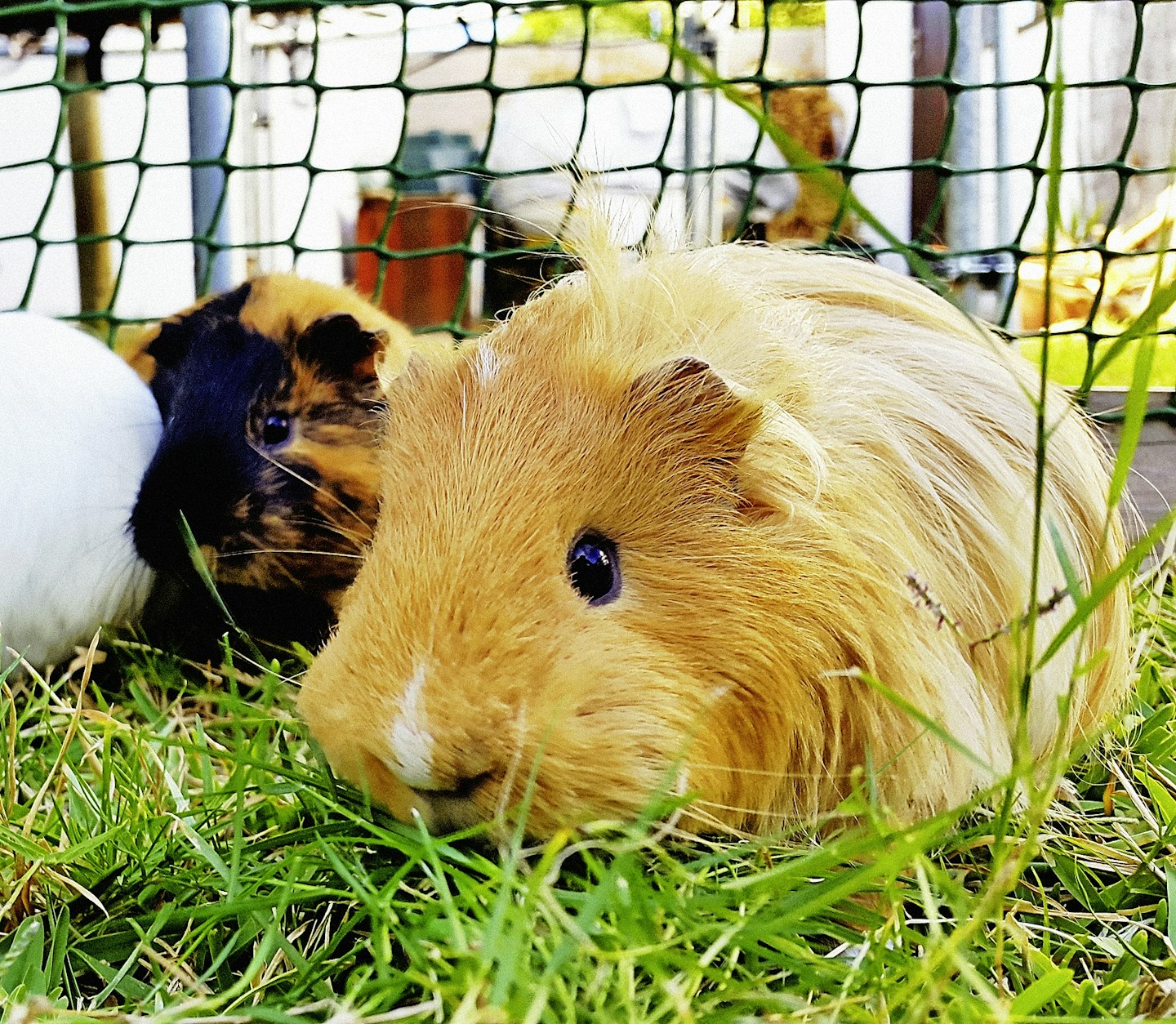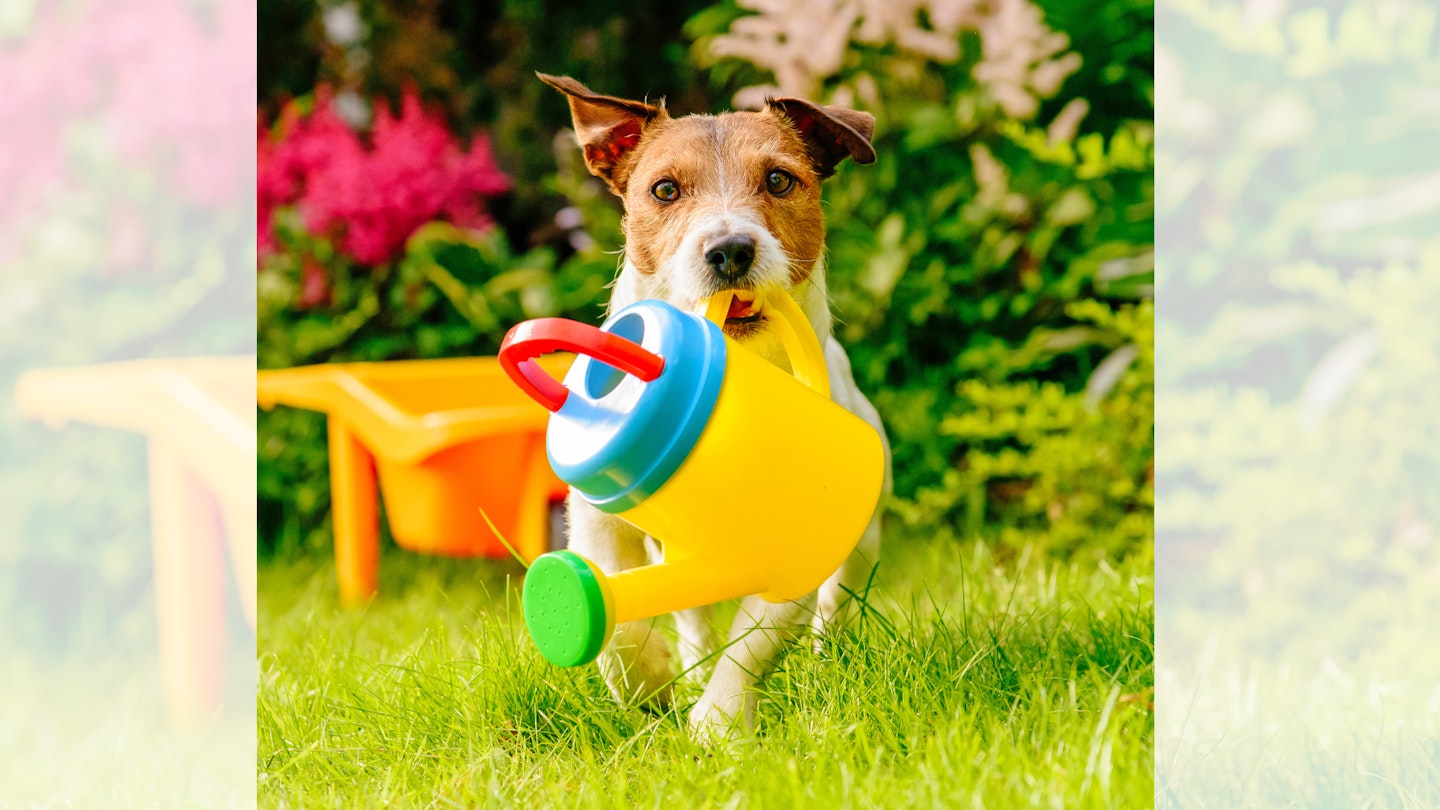Make the most of your outside space with your critter this summer!
Finally, the weather is brightening up, and what better way to spend a sunny day than out in the garden with your pet. We look at some nifty ways to make your outdoor area a haven for your animal…
Get green-fingered
Rabbit parents know how alongside good quality hay and grass, the hoppers like leafy greens and carrots in their diet. Why not create a mini vegetable patch and try growing your own?
Dogs have a habit of eating anything – whether it’s good for them or not! To aid indigestion or sickness have some fresh peppermint to hand in your garden. Nibbling on it can help with their symptoms.
Tortoises adore munching away on dandelions. Spoil your shell mate by dedicating an area to the plants.
Cats are carnivores, so while you might catch them chewing grass – which is believed to help with digestion – there’s no point planting anything for them to eat. However, the smell of certain herbs – such as catnip, valerian root, thyme, and lemongrass – are extremely appealing to our feline friends.

In the zone
Creating a special area for your pet will ensure they like hanging out in the garden as much as you do.
Dogs: Give them a dedicated spot – ideally away from your flower beds and plants - where they can play, dig, and shelter. Burying bones, treats and putting toys here will encourage them to make a beeline for this space. Dog urine can create unsightly marks on the lawn. Discourage this behaviour by assigning an area as their toilet – rewarding them when they do their business there.
Cats: Near your cat-friendly herb garden, place some logs of old fencing for them to explore and use as a scratching post. It’s also important they have lots of shaded areas available to them when the sun’s out.

Stay safe
A number of plants can be poisonous if consumed by our pets - so be aware what is in your garden. It’s also best to use organic or pet-safe pesticides and fertilisers on your plot.
Make sure unsafe areas, like ponds, pools and sheds are not accessible to curious critters. And don’t add additives to water features as dogs may drink from them.
Check fences, walls and gates are secure, so your pup can’t jump over them, and your guinea pig or rabbit can’t burrow or scurry underneath them (and if you’re letting small furries out into the garden – supervise them). A sturdy fence can also keep out predators, like foxes, which will keep smaller critters and chickens safe.
If hutches are outside, don’t leave them in direct sunlight and make sure your bunny or piggy has somewhere cool and shaded to relax. Any exercise runs should have a covered area too.

